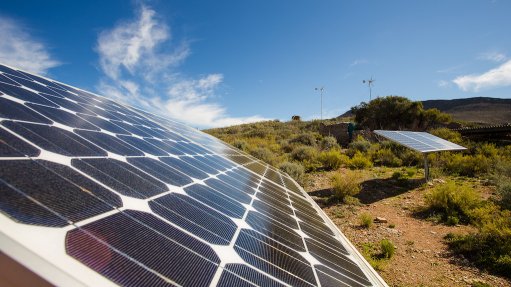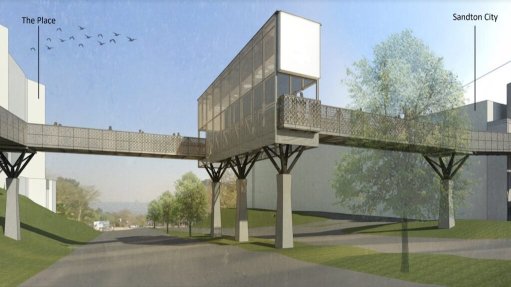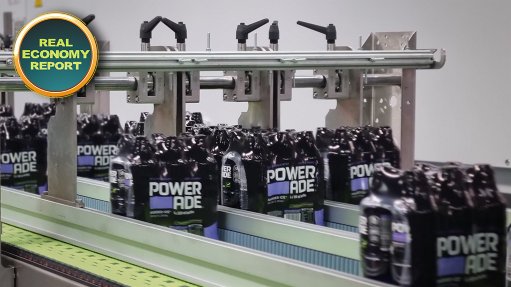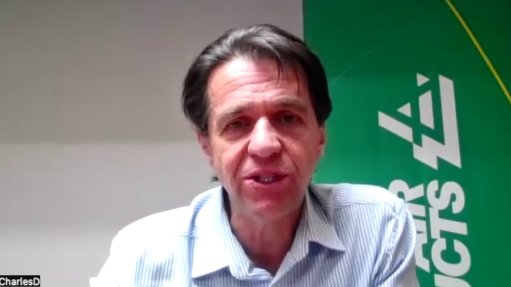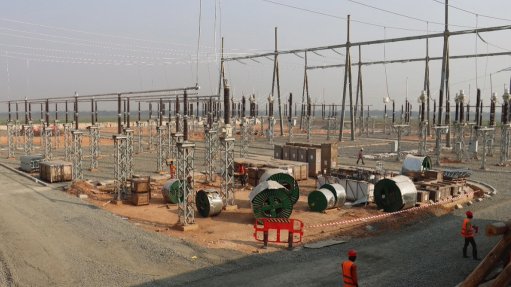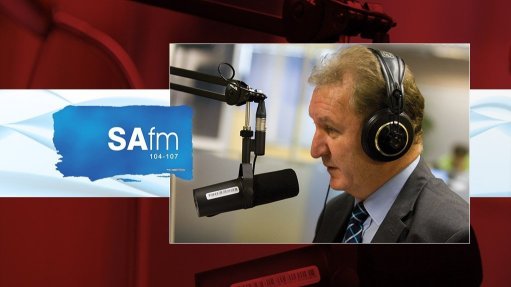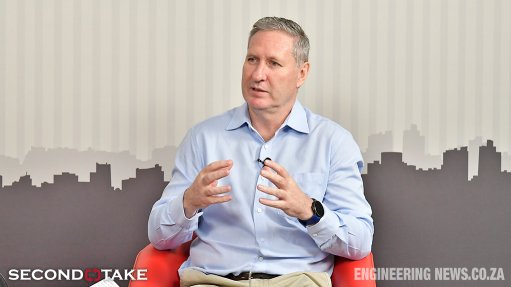Tech, collaboration key to solving sanitation challenges
Enhanced collaboration between government, the private sector and civil society, along with the deployment of technological innovations, will help address the sanitation-related challenges experienced in parts of the country.
While significant progress has been made in addressing the sanitation backlog and accelerating the provision of appropriate sanitation to poor households since 1994, much more work still has to be done to bring about more dignified sanitation services to communities, says Water and Sanitation Deputy Minister David Mahlobo.
The percentage of households with access to improved sanitation increased by 22.4 percentage points between 2002 and 2021, growing from 61.7% to 84.1%, with the most improvements noted in the Eastern Cape and Limpopo.
“Despite the notable work, we do admit as government that we need to keep our sleeves rolled up to ensure that all citizens of this country get to experience the pleasure of dignified sanitation facilities,” he says, calling for increased investment in sanitation infrastructure and technological improvements to address sanitation challenges.
“We need significant investments in modern sanitation infrastructure and creative, forward-thinking solutions.”
He cites work by the Water Research Commission (WRC), with its innovative projects geared towards finding alternative sanitation solutions, such as its next- generation sanitation technologies, which align with environmental, social and governance objectives.
“As part of the next-generation sanitation technologies, the reinvented toilets will offer significant advantages over traditional sanitation methods such as water-efficient and energy-neutral systems, which drastically reduce the environmental footprint of sanitation infrastructure.”
The reinvented toilets safely treat human waste without the need for conventional sewage systems, protecting communities from waterborne diseases. They can be deployed in schools, clinics and public spaces where sanitation infrastructure is often inadequate.
He also highlights the Department of Water and Sanitation’s National Faecal Sludge Management Strategy, which aims to provide guidance to the sector on the safe management of faecal sludge to enhance the operation and maintenance of on-site sanitation systems, prevent groundwater contamination, safeguard public health and protect the environment from pollution throughout the sanitation service chain.
Meanwhile, on a local level, the Gauteng Department of Human Settlements has secured an additional R109-million from the Gauteng Treasury’s Medium Term Budget Policy Statement, which will fund its Interim Sanitation Programme.
The Interim Sanitation Programme, which was established to provide immediate relief to communities lacking adequate sanitation facilities, includes the installation of temporary sanitation solutions, such as portable toilets and communal facilities, ensuring that residents have access to safe and dignified sanitation options.
Comments
Announcements
What's On
Subscribe to improve your user experience...
Option 1 (equivalent of R125 a month):
Receive a weekly copy of Creamer Media's Engineering News & Mining Weekly magazine
(print copy for those in South Africa and e-magazine for those outside of South Africa)
Receive daily email newsletters
Access to full search results
Access archive of magazine back copies
Access to Projects in Progress
Access to ONE Research Report of your choice in PDF format
Option 2 (equivalent of R375 a month):
All benefits from Option 1
PLUS
Access to Creamer Media's Research Channel Africa for ALL Research Reports, in PDF format, on various industrial and mining sectors
including Electricity; Water; Energy Transition; Hydrogen; Roads, Rail and Ports; Coal; Gold; Platinum; Battery Metals; etc.
Already a subscriber?
Forgotten your password?
Receive weekly copy of Creamer Media's Engineering News & Mining Weekly magazine (print copy for those in South Africa and e-magazine for those outside of South Africa)
➕
Recieve daily email newsletters
➕
Access to full search results
➕
Access archive of magazine back copies
➕
Access to Projects in Progress
➕
Access to ONE Research Report of your choice in PDF format
RESEARCH CHANNEL AFRICA
R4500 (equivalent of R375 a month)
SUBSCRIBEAll benefits from Option 1
➕
Access to Creamer Media's Research Channel Africa for ALL Research Reports on various industrial and mining sectors, in PDF format, including on:
Electricity
➕
Water
➕
Energy Transition
➕
Hydrogen
➕
Roads, Rail and Ports
➕
Coal
➕
Gold
➕
Platinum
➕
Battery Metals
➕
etc.
Receive all benefits from Option 1 or Option 2 delivered to numerous people at your company
➕
Multiple User names and Passwords for simultaneous log-ins
➕
Intranet integration access to all in your organisation






